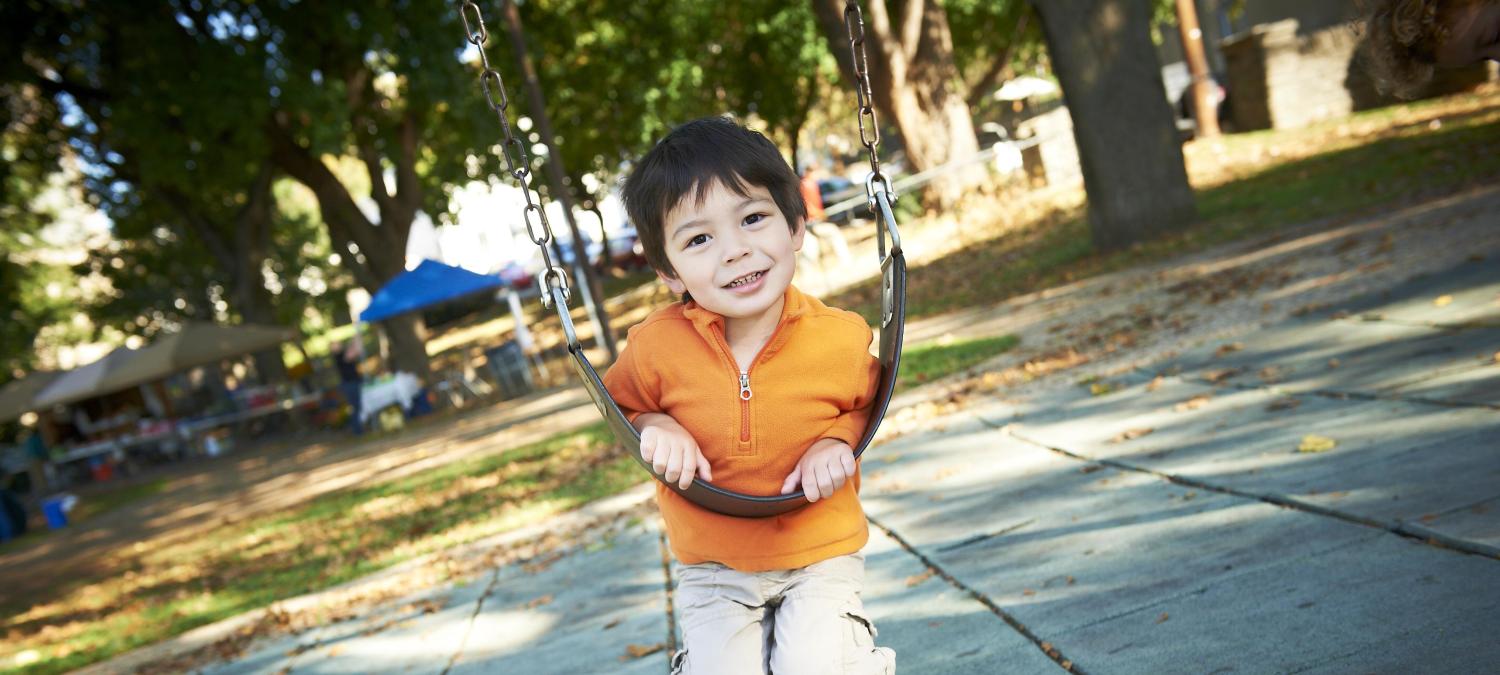

Publications
Search Tips
- Oct 2024
Objectives: The Special Supplemental Nutrition Program for Women, Infants, and Children (WIC) and Supplemental Nutrition Assistance Program (SNAP) provide essential nutrition support for low-income families. However, many eligible families do not receive or fully redeem these…
- Oct 2024
Importance: Suicide is a leading cause of death in US youths.Objective: To assess whether screening with supplemental items 10 to 13 on the Patient Health Questionnaire-9 modified for teens (PHQ-9M) improves prediction of youth suicide attempts beyond the information provided…
- The "Other" Race Category on Birth Certificates and Its Impact on Analyses of Preterm Birth InequitySep 2024
Objective: Not all individuals self-identify with race categories on birth certificates, selecting "Other" and writing in identities. Our hypothesis was that curating write-in responses in the "Other" race category would contribute to understanding preterm birth inequities.Methods…
- Sep 2024
Amid a persistent maternal mortality crisis in the United States, substance use is one of the most pronounced issues facing those who have recently given birth and other caregivers in Pennsylvania.Interviews PolicyLab conducted with key stakeholders and caregivers in recovery across…
- Sep 2024
Background: Child maltreatment and child protective service (CPS) involvement negatively impacts families, and disproportionately impact families of color. Urban neighborhood greenspace is associated with improved mental health and decreased community violence, however…
- Sep 2024
Telehealth presents both the potential to improve access to care and to widen the digital divide contributing to health care disparities and obliging health care systems to standardize approaches to measure and display telehealth disparities. Based on a literature review and the…
- Aug 2024
Objective: The objective of this study was to compare outpatient behavioral health scheduling for children in Spanish-speaking families in Pennsylvania with that for children in families who speak English.Study design: We made paired English and Spanish telephone calls to outpatient…
- Aug 2024
Objective: To evaluate whether community factors that differentially affect the health of pregnant people contribute to geographic differences in infant mortality across the US.Study design: This retrospective cohort study sought to characterize the association of a novel…
- Aug 2024
To access the commentary, click here.The U.S. is confronting a perinatal mental health crisis rooted in policies and endemic racism that have significant negative impact on perinatal women and people, especially those from racial-ethnic minoritized backgrounds. This…
- Aug 2024
Since 2016, enactment of more punitive immigration policies resulted in more people avoiding health care and other public services in the U.S. Passage of policies such as the 2019 “public charge” rule change, which expanded the rules by which immigrants could be denied access to…